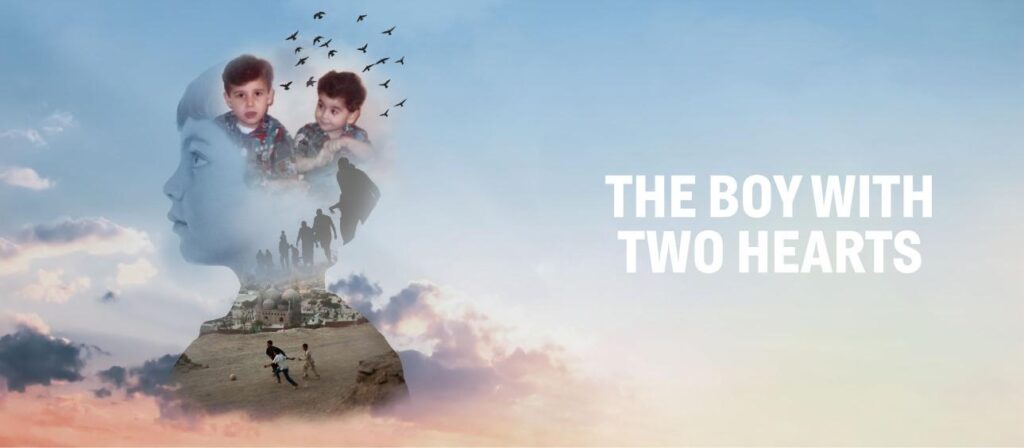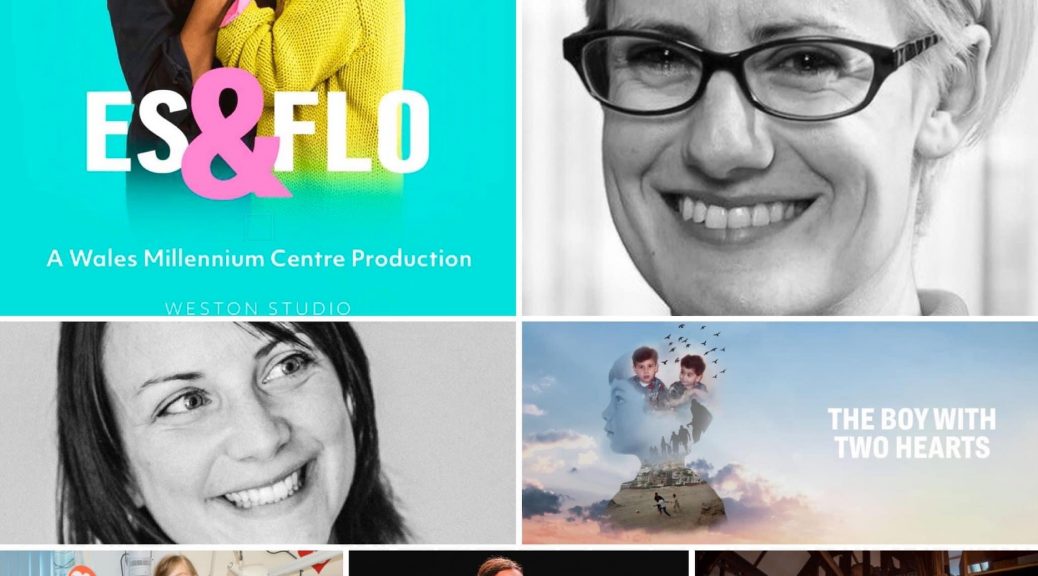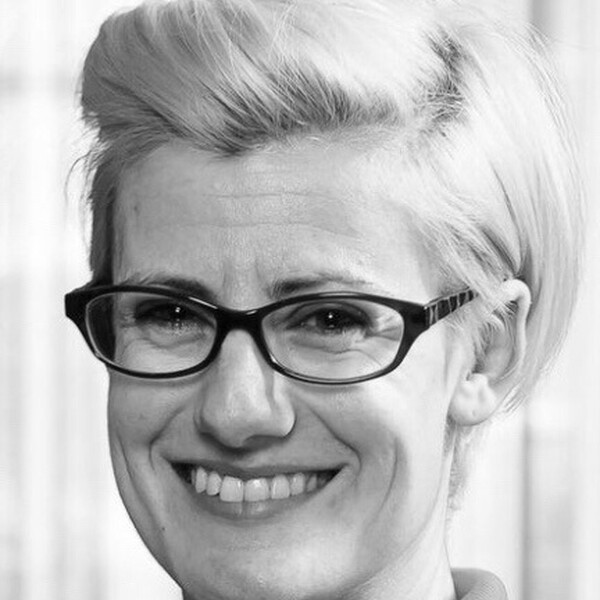
In our latest Playwright interview Director of Get The Chance Guy O’Donnell chats to Playwright Jennnifer Lunn. Jennifer discusses her career to date, her writing process, working for Read For Good and her thoughts on opportunities for Playwrights in Wales.
Great to meet you Jennifer, how did you first get interested in the arts?
I was very lucky that my parents were both very active in amateur theatre and so my brothers and I grew up making theatre from when we were very tiny. I was in my first production at 12 weeks old!! I absolutely loved the communal experience of it, the stories and the magic – and I could never really imagine myself doing anything else. I used to say that if I ended up just sweeping the stage in a theatre I would be happy! (And I’ve done a lot of stage sweeping in my time!!)
Can you tell us about your writing process? Where do your ideas come from?
My ideas mainly come from injustices or inequities that I want to address. Things I’d like to be able to change. My first play, Es & Flo (which was set to premiere at Edinburgh’s Traverse theatre before the Covid-19 pandemic led to the fringe’s cancellation. It won the Popcorn Writing award 2020 for new work. An extract can be seen below) is about an older lesbian couple who risk being separated because their relationship isn’t official. I wanted to show the places where work still needs to be done in the journey towards equality. My plays Core and Terroir are both about the climate emergency and how we, as humans are responding to it.
There is also something about the characters I want to put on stage. I want to give space to voices and characters who we don’t often see. My plays often centre around queer women and non-binary people. My characters are intersectional – For example in Core, Clem is a Deaf, queer polar scientist and Jules is a Black, queer politician. The play is not about them being Deaf or Black or queer. It’s about their relationship with each other and the future. I wanted to show that these characters’ stories shouldn’t focus on their ‘protected characteristics’.

I’m excited to announce that a fully staged production of Es and Flo will premier at The Wales Millennium Centre, Cardiff on the 28 April and runs until the 13 May.
I started writing the play about ten years ago. A queer love story with a cast of 5 female characters from 8-71!! A story of secrets, memories, female solidarity and chosen families… A play I wasn’t sure I could write and never imagined would make it to the stage. But people liked it. It won a couple of awards and today… tickets went on sale for its premiere in Cardiff in April!!. I am SO SO grateful to everyone (and it really has taken a village) who has supported this play over the last ten years. From the first readings of scenes in the back room of a pub with Shake it Up, to readings and workshops, through postponements and Covid and finally now… with the best team I could ever have asked for! Not least the wonderful Susie McKenna who is directing it with such care and love. I am a very lucky writer! I am very proud of this play and I cannot wait to see how our incredible creatives and cast bring it to life.
You can find out more information and book here
Can you describe your writing day? Do you have a process or a minimum word count?
No writing day is the same for me. It absolutely depends on what I’m working on. One of the things that took me a while to realise was that a lot of “writing” isn’t actually writing. It’s thinking, watching, reading, going for walks, researching, talking. It’s all vital and absolutely part of the work even though it often feels like procrastination.
A lot of my writing time is spent scrawling on a whiteboard in different coloured pens trying to figure out structure and plot and then sitting on the floor staring at it!!
Why and where do you write?
I write because I want to tell important stories which present voices and characters we don’t get to see enough of. I write to provoke conversations and promote change. I write because I want to try and make sense of the world for myself and others.

I have an office at home with my big whiteboard on the wall and a lovely stand up desk. But there are some days where I need to be under a blanket on the sofa or on a coffee shop. One of my favourite places to work is Gladstone’s Library in North Wales. It is a silent library and it is an amazing place to research and read and write.
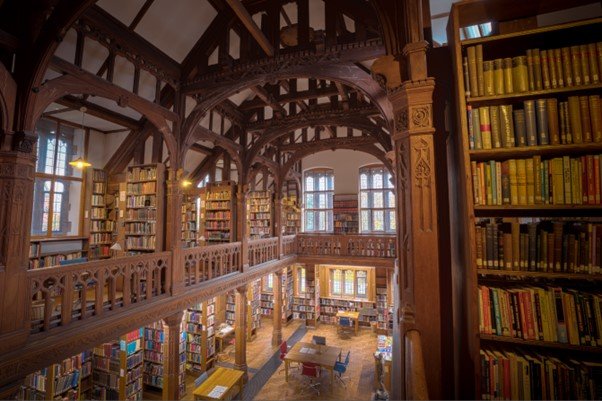

Your latest play was shortlisted in the Papatango New Writing Prize congratulations! Where did the initial spark for the play come from and can you update us on its development?
About ten years ago I had an idea for a play that asked the question “Why don’t we make the obvious choices to save the planet?” The idea was to look at a couple’s relationship falling apart because of choices, sacrifices, efforts that they hadn’t made for each other set against a backdrop of climate change. The idea was to highlight our brilliant ability to sabotage our own futures in both or personal and global lives. The play went through several iterations and finally, when I realised that what I really wanted to say was that we should be listening to the younger generation, I discovered what the story should be.
Because the play was shortlisted for the Papatango Prize, I was incredibly lucky to have the chance to have a filmed reading of the play produced. The play is written to be performed bilingually in English and BSL so I worked with the brilliant Director Emily Howlett and a wonderful cast of Deaf and hearing actors who all speak BSL to work to create the translations and to make sure the communication between the Deaf and hearing characters feels believable.
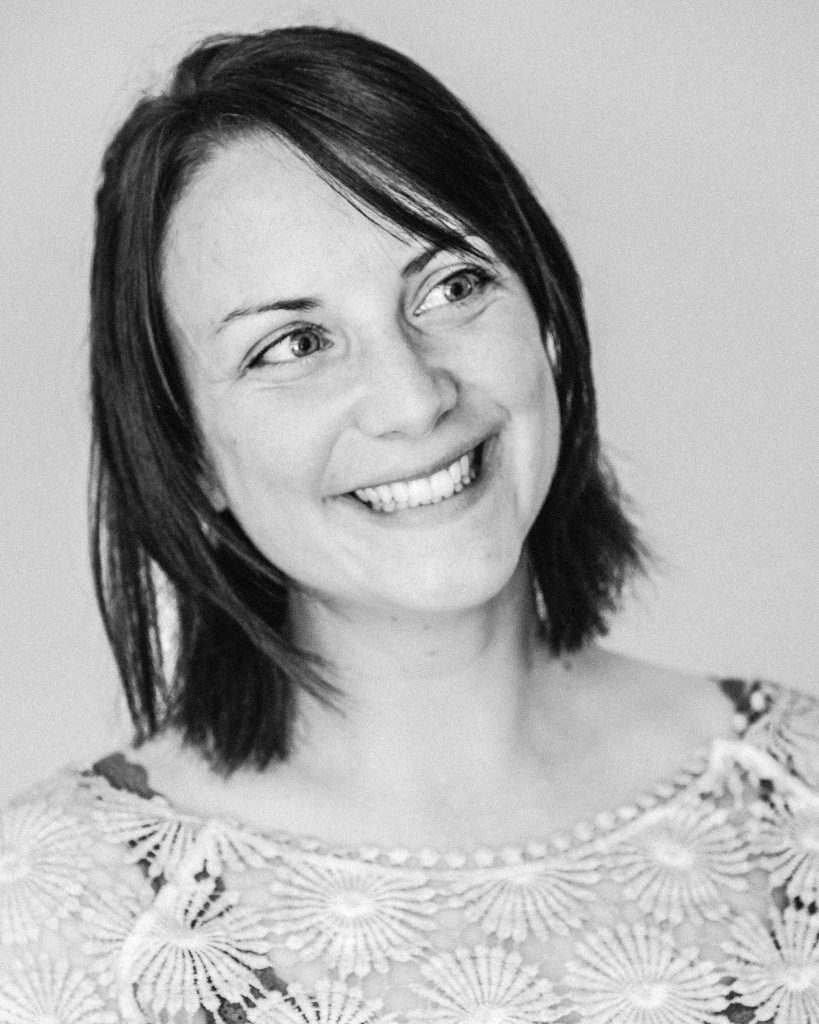
I’m now working with the wonderful Jafar Iqbal and we’re raising funds to do a longer R&D of the play and to work with Emily and a Deaf video designer to develop the visual aspects and creative captioning for the show.
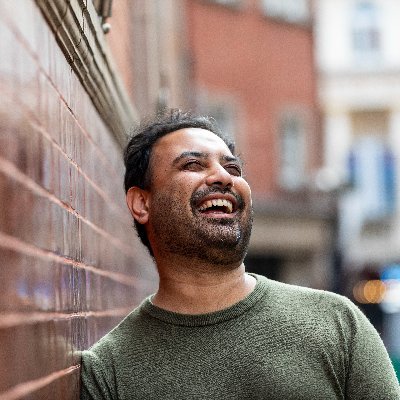
In your spare time you are a Read for Good team member, the project supports young people in hospital to access reading , how did you come to be involved?
About 13 years ago I did a bit of volunteering at a children’s hospital school and from that I developed some projects to collect stories from children in hospital. Read For Good then approached the hospital, offering them visits from a storyteller and the hospital school headteacher recommended me. I started with one hospital and now regularly work in three hospitals, visiting children and their families, giving away free brand new books and also spending time telling and creating stories with them. It is an absolute privilege to spend time with these families often at really difficult times, hopefully bringing a bit of a smile. I would also say that I learn the best lessons about story from the young people who tell me stories. They are fearless in the creativity and it is very inspiring as a writer!!
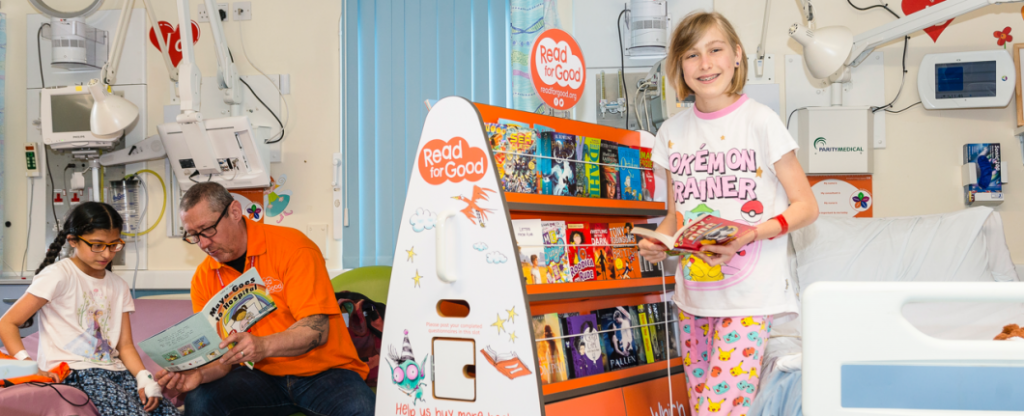
There are a range of organisations supporting Welsh and Wales-based writers. I wonder if you feel the current support network and career opportunities feel ‘healthy’ to you? Is it possible to sustain a career as a writer in Wales and if not what would help?
There are some wonderful people and organisations supporting writers in Wales. The brilliant Branwen Davies and Alice Eklund who have just finished their time as the literary team at The Sherman were extraordinary and I look forward to seeing who steps into their shoes. Tamara Harvey and Liam Evans-Ford at Theatr Clwyd, along with Literary Associate Raphael Martin have been an incredible support for writers – especially since the pandemic. I was really fortunate to be part of their Writers in Residence scheme and to be commissioned to write for Curtain Up last year which commissioned 15 Welsh/Wales based writers to write short plays as soon as the theatre reopened. Angharad Lee of Leeway Productions is offering brilliant opportunities to writers wanting to develop musical theatre here in Wales and it’s been wonderful to watch the fruits of that these last two years.
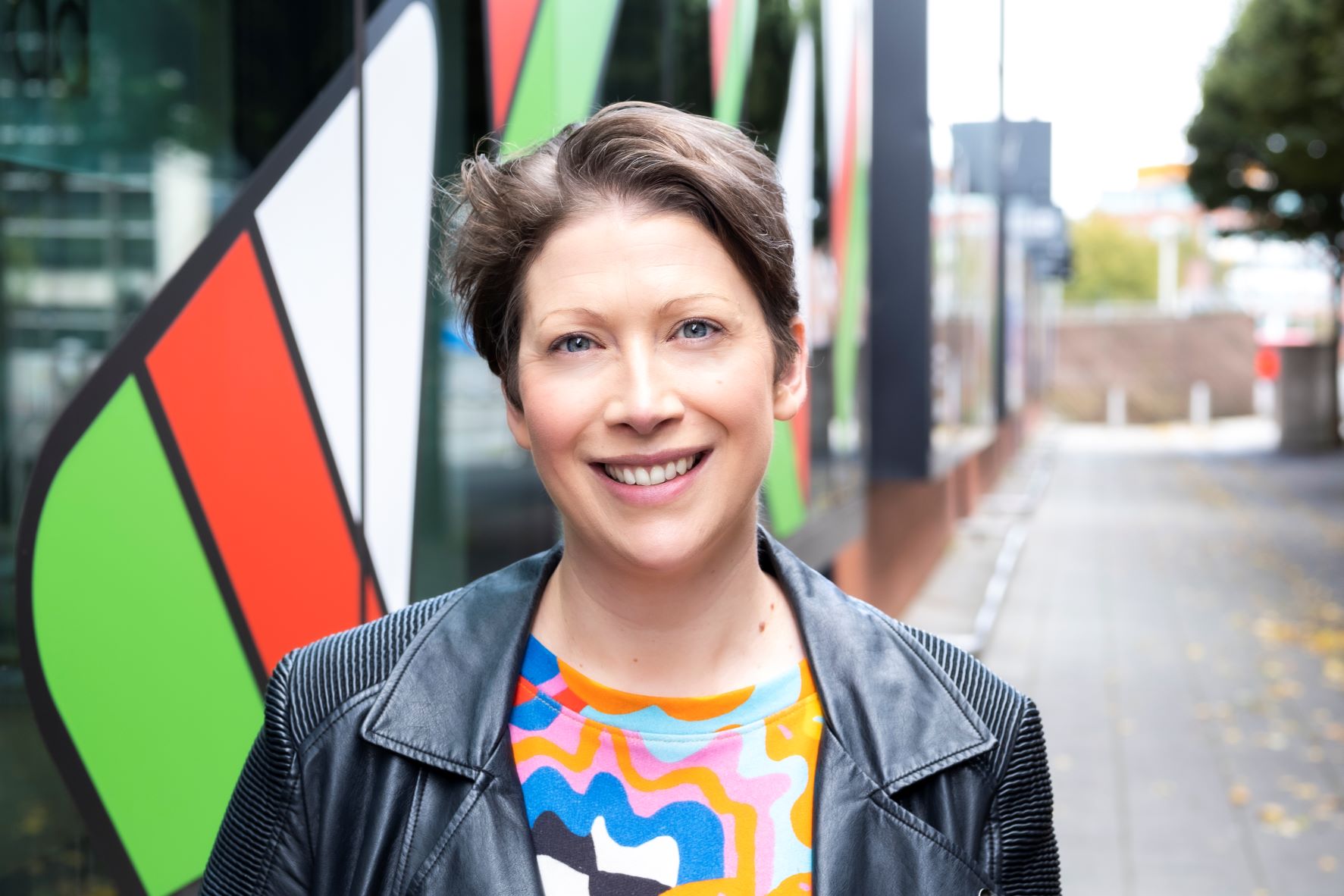

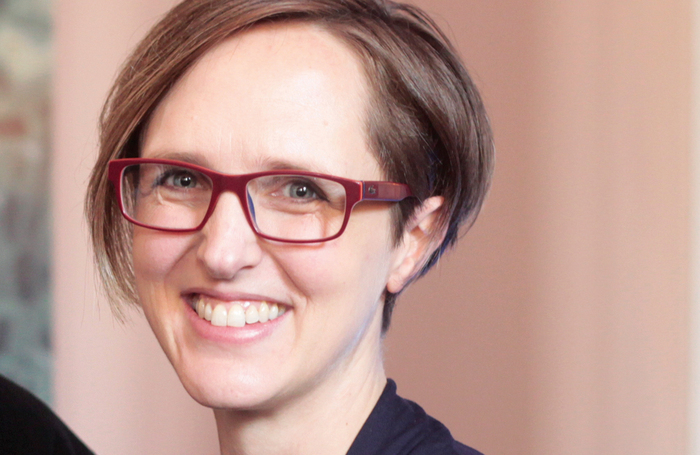

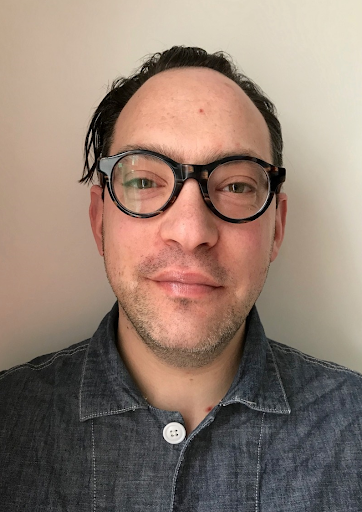
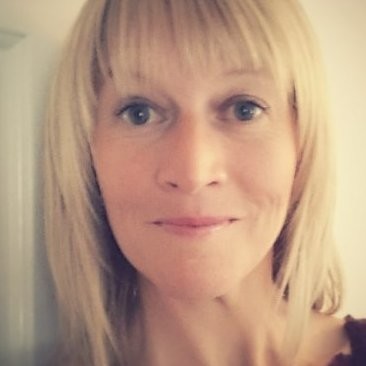
That said… there aren’t enough opportunities for commissions right now. I was lucky to be commissioned by WMC back in 2018 and to be commissioned by RWCMD/The Sherman to write for the NEW21 season but there are very few theatres in Wales commissioning new plays or even staging mid or large scale productions.
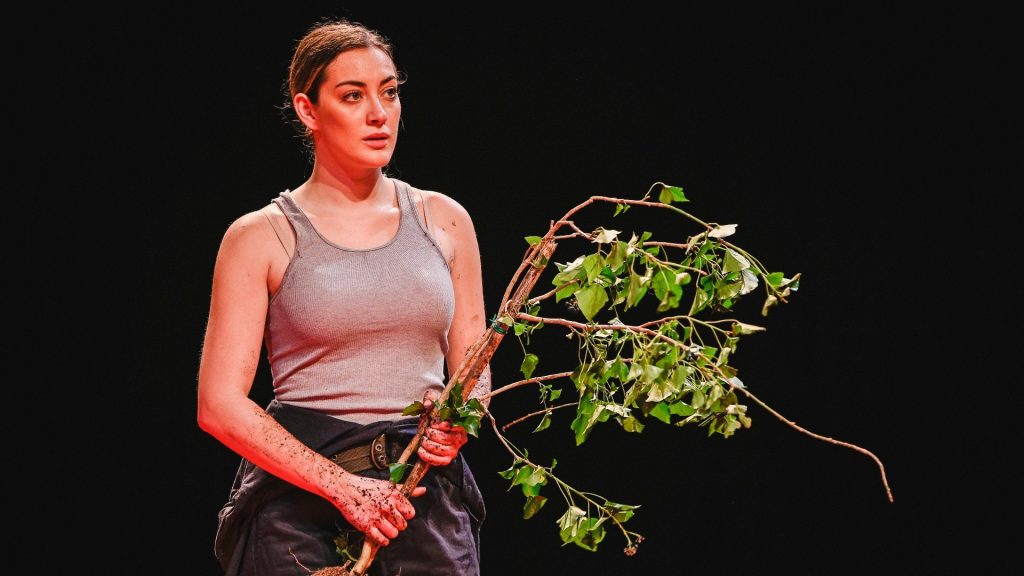
The Play On scheme set up by Theatr Clwyd, NTW and Theatr Genedlaethol Cymru means plays are being read and writers getting feedback but whether/when any of these plays will reach out stages is unclear.
I would love to see Wales generally producing more work and that work touring Wales and beyond.
If you were able to fund an area of the arts in Wales what would this be and why?
Audience development. Without some big steps forward in cultivating audiences, theatre in Wales will never be able to grow and therefore become somewhere that can sustain artists.
I would love to see a huge investment in audiences – whether that be a subsidising of theatre tickets or schemes to offer free tickets. We are entering a time where people are struggling to pay bills and eat. Theatre tickets are, for many, a luxury they can’t afford. But we know that the arts are a vital part of people’s social engagement and well-being and I would love to see us really make it possible for people to see and participate in more.
What excites you about the arts in Wales?
The people! I am always inspired and energised by the artists I know and have the pleasure of working with. There is such an incredible creative energy in Wales and I am loving seeing a new generation starting to come through with exciting new ideas and ways of working.
I am also excited by the work we are doing here developing and championing accessible work and how creative captioning, BSL and audio description are becoming more and more embedded in our work. We definitely still have a way to go but it’s a great journey to be on.
What was the last really great thing that you experienced that you would like to share with our readers?
I saw WMC’s A Boy With Two Hearts at the National Theatre in London last week. So wonderful to see a Welsh-made show about an immigrant family using English and Farsi and with wonderful creative captioning. And to see that having transferred and reaching an audience beyond Wales after two successful runs in Cardiff was brilliant!
The show is beautiful and political and important and made me feel proud to live in Wales.
